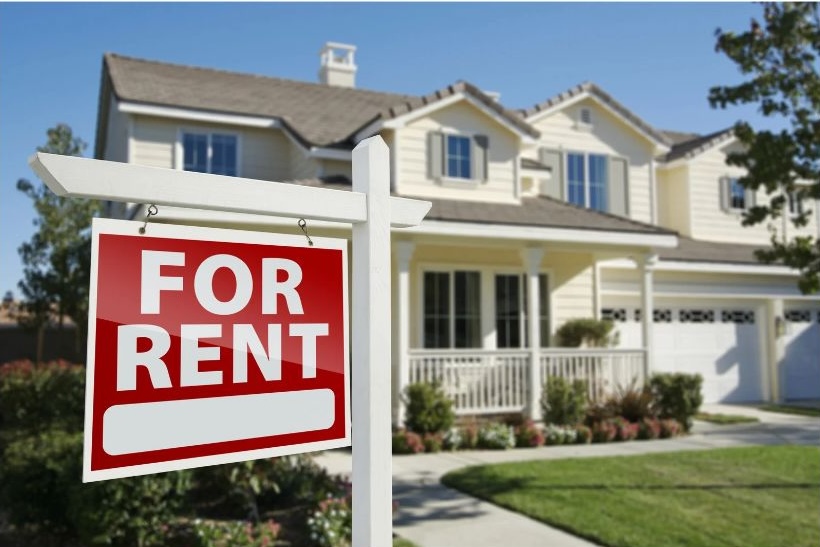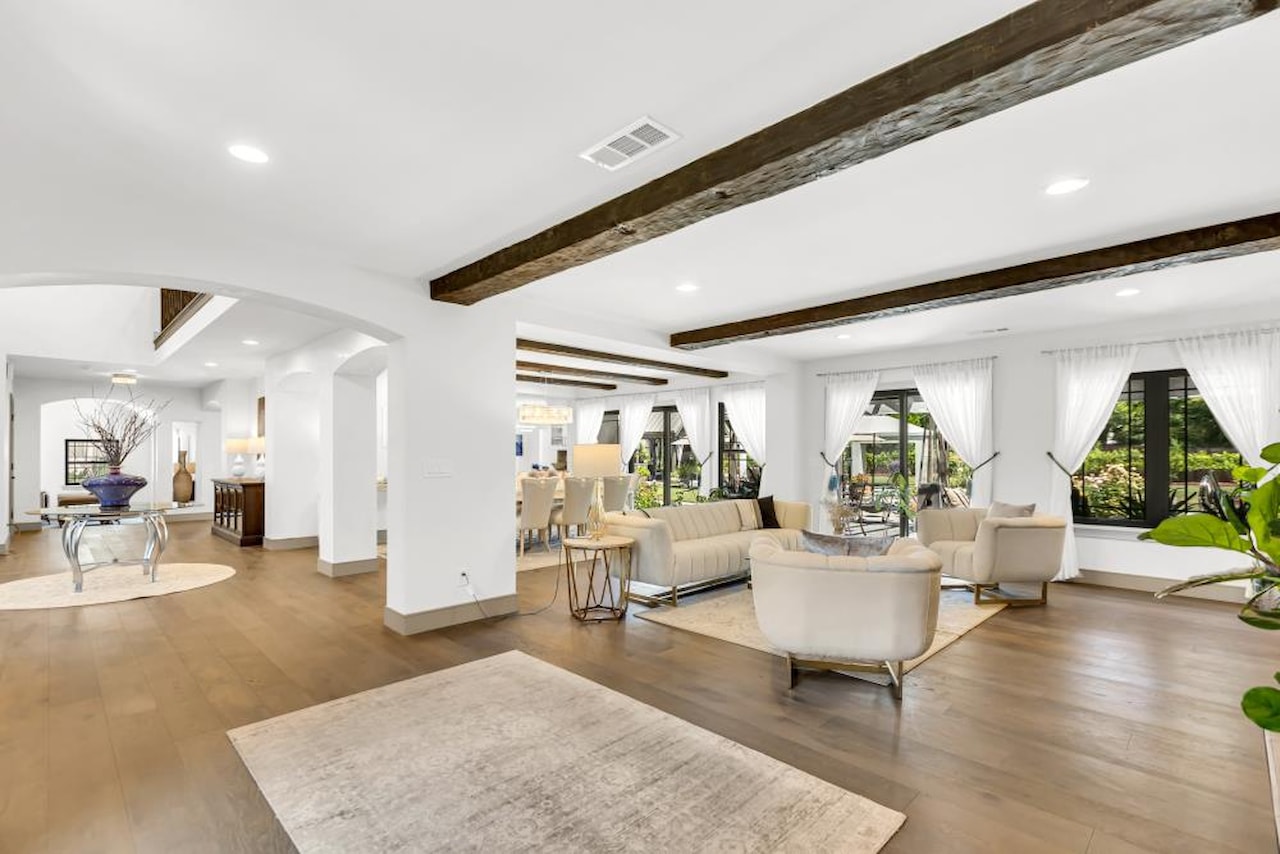When considering purchasing a new home, the presence of a swimming pool can be a significant factor in the decision-making process. While a pool offers numerous advantages, it’s essential to carefully evaluate both the benefits and potential drawbacks to make an informed choice.
In this in-depth exploration, we’ll delve into the various costs and benefits associated with owning a home with a swimming pool, helping you navigate this important decision with confidence.
Benefits of Buying a Home with a Swimming Pool:
1. Enhanced Enjoyment and Recreation:
Owning a home with a swimming pool provides unparalleled opportunities for relaxation, recreation, and enjoyment. Whether it’s a refreshing swim on a hot summer day, a leisurely afternoon lounging by the poolside, or a fun-filled pool party with family and friends, a pool creates a private oasis right in your backyard.
The convenience of having a pool at home allows you to indulge in aquatic activities and outdoor living without having to venture far from home, enhancing the overall quality of life for you and your loved ones.

2. Increased Property Value and Appeal:
A well-maintained swimming pool can significantly enhance the value and curb appeal of a property. For many homebuyers, a pool represents a desirable feature that adds to the overall ambiance and lifestyle opportunities of a home.
In real estate markets where swimming pools are in high demand, having a pool can give your property a competitive edge and increase its marketability. Additionally, a pool can attract a broader range of potential buyers, including families, individuals seeking resort-style living, and those who value outdoor entertainment and relaxation.
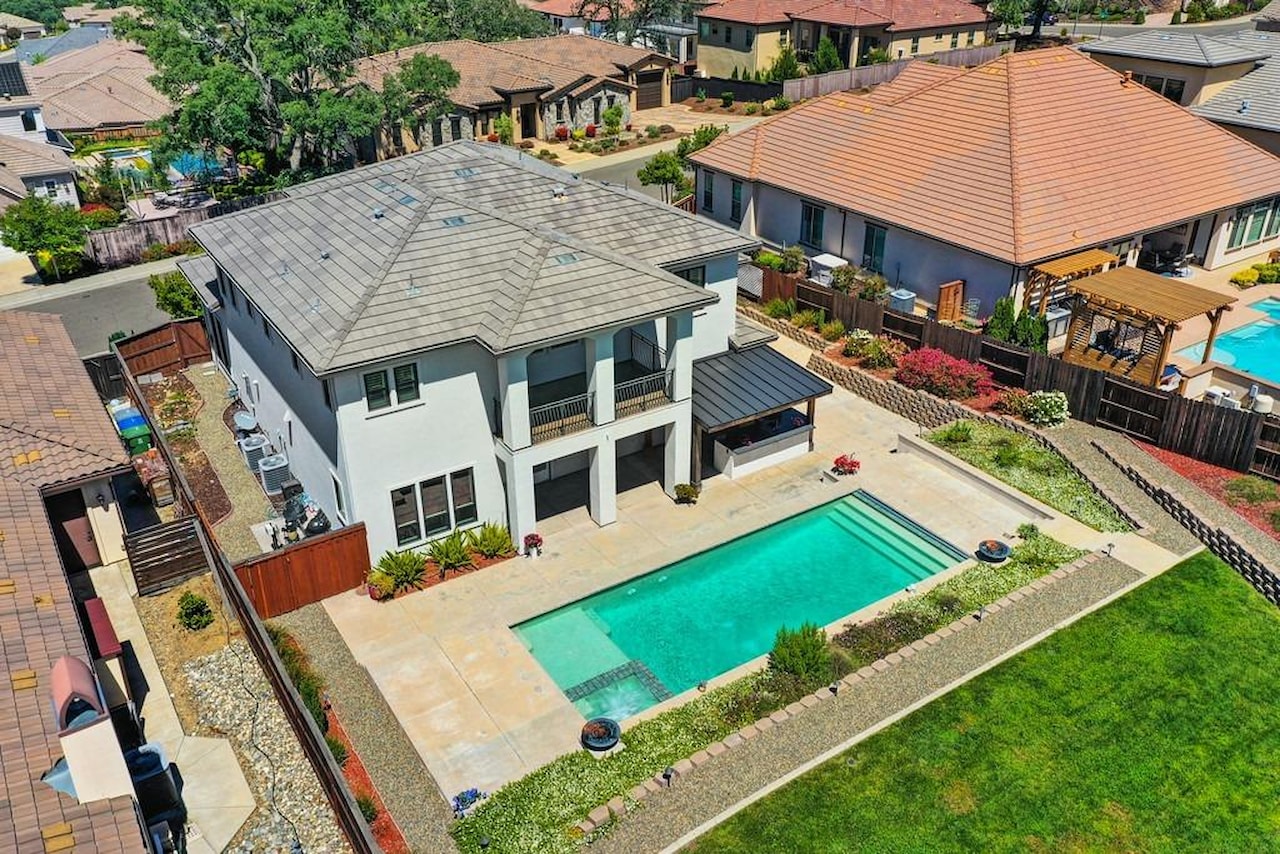
3. Health and Fitness Benefits:
Swimming is widely recognized as an excellent form of exercise that offers numerous health and fitness benefits. Having a pool at home provides convenient access to low-impact workouts that promote cardiovascular health, muscle strength, flexibility, and overall well-being.
Whether you prefer swimming laps for fitness, engaging in water aerobics, or simply enjoying a leisurely swim to unwind after a long day, a pool offers endless opportunities to stay active and maintain a healthy lifestyle. Additionally, swimming is suitable for people of all ages and fitness levels, making it an inclusive and accessible form of exercise for the whole family.

4. Entertainment and Social Opportunities:
A swimming pool serves as a focal point for outdoor entertainment and social gatherings, providing a versatile space for hosting parties, barbecues, and family events. With the addition of outdoor furniture, umbrellas, and landscaping features, your pool area can be transformed into a stylish and inviting entertainment zone that caters to both intimate gatherings and larger celebrations.
Whether it’s a casual poolside barbecue with friends or a festive pool party to celebrate special occasions, your pool becomes a hub of social activity and a gathering place for creating cherished memories with loved ones.
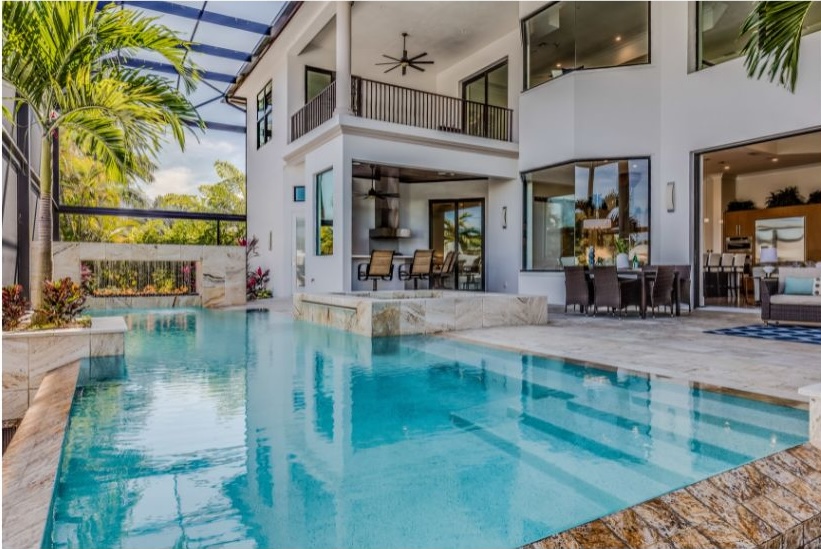
5. Aesthetic and Lifestyle Enhancement:
Beyond the practical benefits, a swimming pool can enhance the overall aesthetic and lifestyle appeal of your home. A well-designed pool adds visual interest and sophistication to your outdoor space, creating a tranquil retreat that complements your home’s architecture and landscaping.
The sight and sound of water can evoke feelings of relaxation and tranquility, transforming your backyard into a peaceful sanctuary where you can escape the stresses of daily life and reconnect with nature. Whether you’re lounging poolside with a book, enjoying a romantic sunset dip, or simply admiring the beauty of your surroundings, a pool adds an element of luxury and serenity to your home environment.
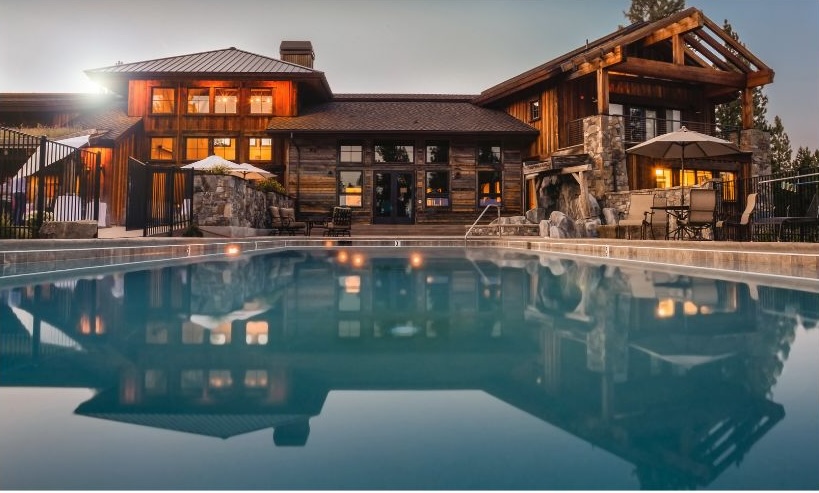
Costs of Buying a Home with a Swimming Pool:
1. Initial Installation and Construction Costs:
The initial cost of installing a swimming pool can be a significant investment, depending on factors such as size, shape, materials, and site conditions. The cost of excavation, construction, permits, landscaping, fencing, and additional features all contribute to the total expense of building a pool.
Homebuyers considering a property with an existing pool should carefully evaluate the condition of the pool and any necessary repairs or upgrades to ensure it meets their standards and budget. Additionally, it’s essential to factor in ongoing maintenance and operational costs when assessing the overall affordability of pool ownership.
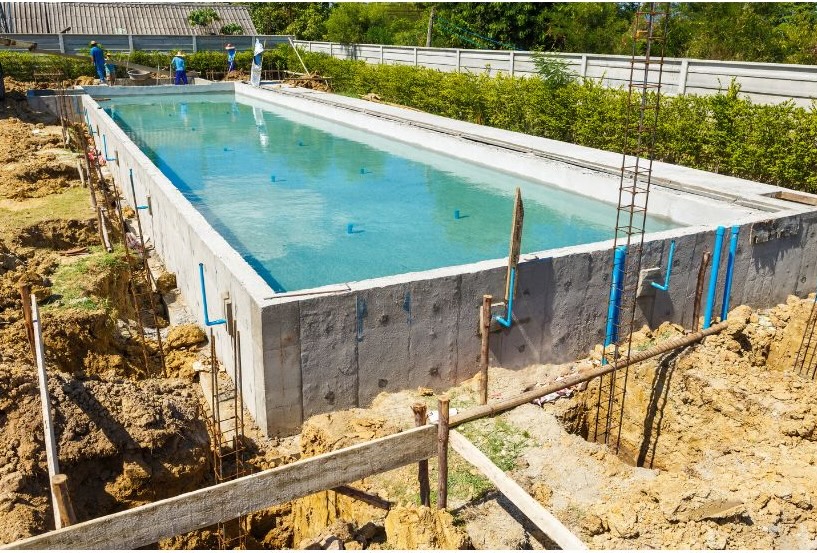
2. Ongoing Maintenance and Upkeep:
Maintaining a swimming pool requires regular care and maintenance to ensure it remains clean, safe, and functional year-round. Routine tasks such as skimming debris, vacuuming, brushing walls, and testing water chemistry are necessary to keep the pool water balanced and free from contaminants. Additionally, equipment such as pumps, filters, heaters, and chlorinators require periodic inspection, servicing, and repairs to ensure optimal performance and longevity.
Homeowners should budget for ongoing maintenance costs, including chemicals, cleaning supplies, equipment replacements, and professional services, to keep their pool in top condition and avoid potential issues down the line.
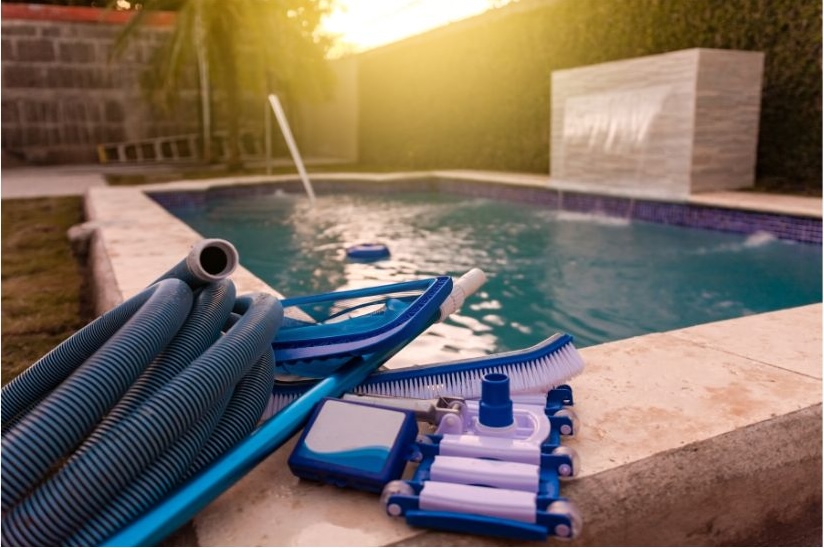
3. Increased Insurance and Liability Risks:
Owning a home with a swimming pool can lead to higher insurance premiums due to increased liability risks associated with pool ownership. Pools pose potential safety hazards, such as drowning, slips, and falls, which may result in liability claims against homeowners.
To protect against these risks, homeowners may need to purchase additional liability coverage and comply with safety regulations, such as installing fences, gates, alarms, and pool covers. Implementing safety measures can help reduce the likelihood of accidents and injuries and mitigate liability risks, but it’s essential to factor in the potential impact on insurance costs when budgeting for pool ownership.
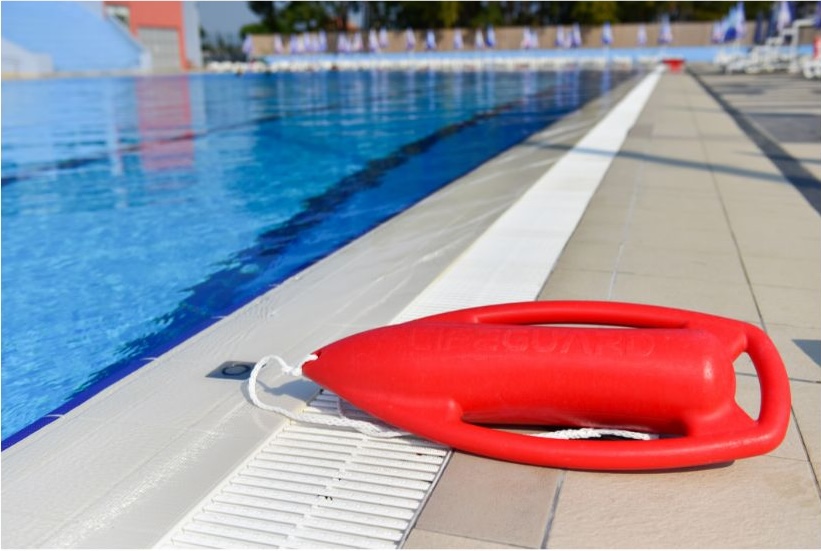
4. Seasonal Maintenance and Weather Considerations:
In regions with seasonal climates, swimming pools may have limited usability during colder months and require seasonal maintenance to prepare for winter. Winterizing the pool involves draining water, cleaning equipment, protecting plumbing, and covering the pool to prevent damage from freezing temperatures and ice formation.
Homeowners should be prepared for the additional time, effort, and expense associated with winterizing and opening their pool each year, as well as the potential impact of extreme weather events such as storms, hurricanes, and floods. Proper maintenance and protection measures can help safeguard the pool and prolong its lifespan, but it’s essential to plan for seasonal variations and weather-related challenges when owning a pool.
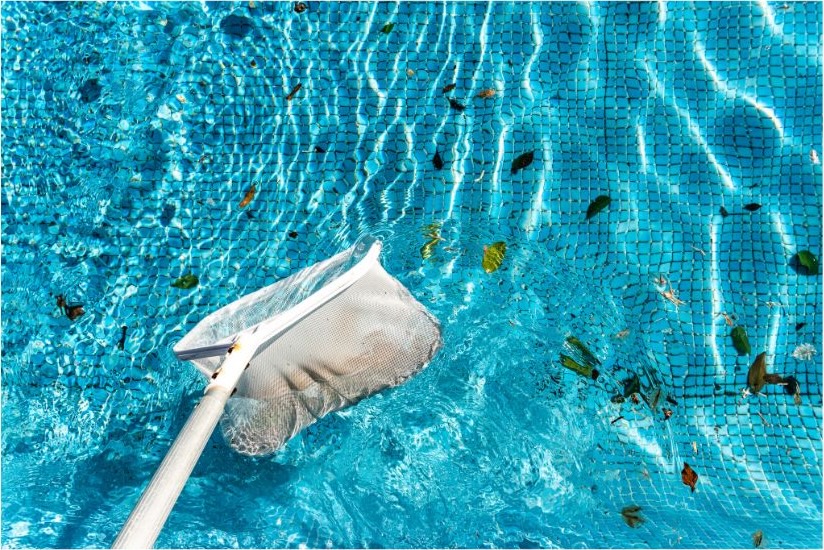
5. Resale and Marketability Factors:
While a swimming pool can enhance the marketability of a property in some cases, it may also be a deterrent to certain buyers, particularly those with safety concerns, maintenance aversion, or budget constraints. Homebuyers should carefully assess the local real estate market and consider the potential impact of a pool on resale value and marketability.
Factors such as pool condition, age, maintenance history, and neighborhood preferences can influence buyer perceptions and affect the property’s resale value. Additionally, buyers may have varying preferences regarding pool features, such as size, shape, depth, and amenities, which can impact the pool’s appeal and desirability.
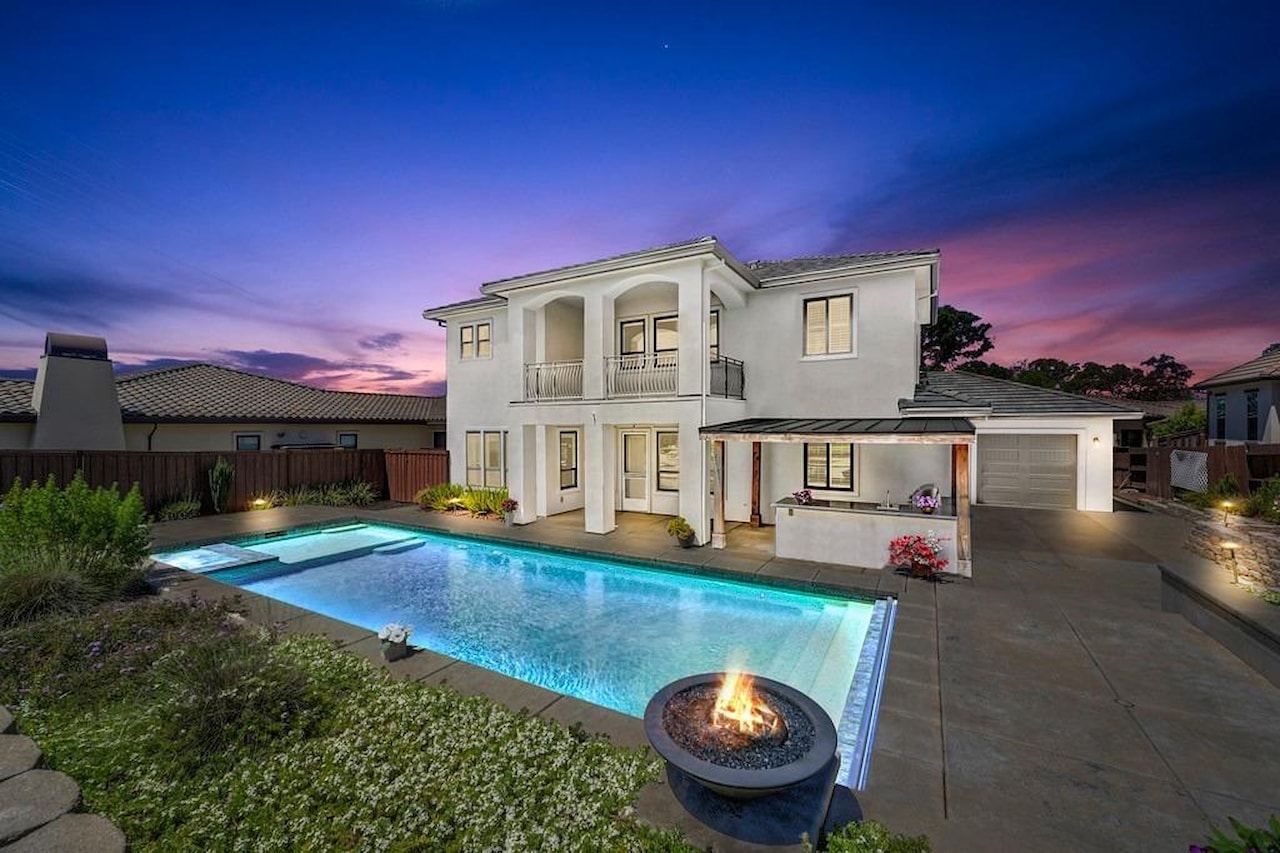
Final Thoughts
Buying a home with a swimming pool offers numerous benefits, including enhanced enjoyment, increased property value, and health and fitness opportunities. However, it’s essential to consider the potential costs and responsibilities associated with pool ownership, including installation, maintenance, insurance, and resale considerations. By carefully weighing the pros and cons and conducting thorough research, homebuyers can make an informed decision that aligns with their lifestyle preferences, budget, and long-term goals.


